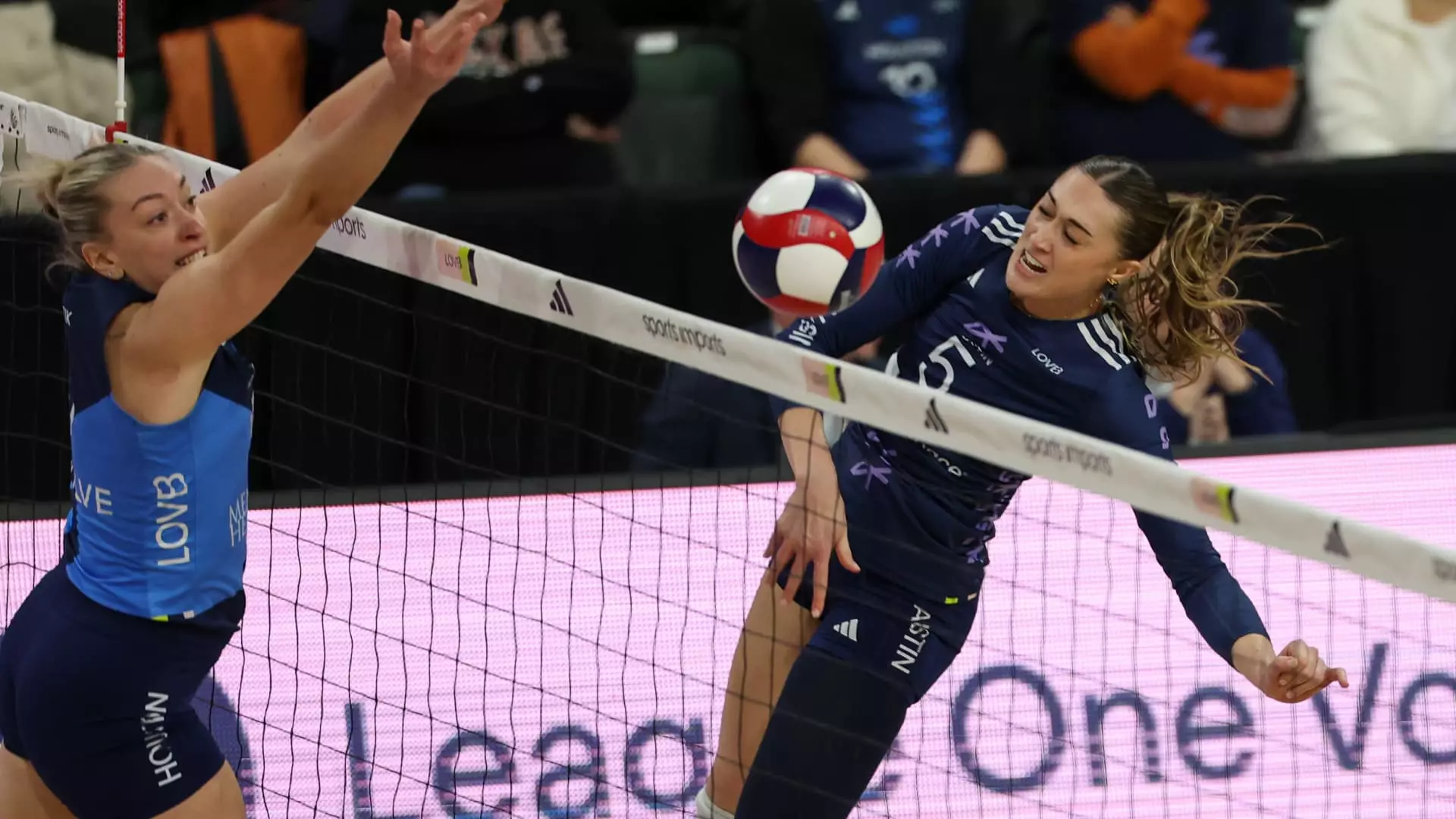In recent years, women’s sports have emerged from the shadows of gender bias and commercial neglect to claim their rightful place in mainstream culture. Volleyball, with its blend of athleticism, strategy, and community spirit, exemplifies this transformation. The recent media rights deal involving Versant underscores an urgent shift: society increasingly recognizes the value of investing in women’s sports as a vehicle for social progress and economic vitality. This deal is not just about broadcasting rights; it symbolizes a broader push for inclusion, equity, and the democratization of athletic opportunities, especially for young women already demonstrating unrelenting enthusiasm for volleyball at all levels.
The decision by Versant and its partners to dedicate prime-time slots and substantial media exposure reflects a recognition that the potential audience for women’s volleyball is expansive and underutilized. By pushing the sport into national limelight, this move aligns with the progressive vision of expanding access and dismantling stereotypes that have historically marginalized female athletes. When sporting events become accessible during the most coveted television hours, it enables a cultural shift—women’s sports can no longer be relegated to niche markets or secondary channels. Instead, they are positioned as integral to the American sporting identity.
Reshaping the Media Landscape: A Warped Monopoly or a Step Forward?
Critics might argue that major media conglomerates, like Versant, still operate within existing capitalist frameworks that often prioritize profit over social purpose. Indeed, the inclusion of women’s volleyball in prime slots is a lucrative pursuit, tapping into a rising demographic of young fans eager for diverse representations. Yet, the significance lies in how this commercial move coincides with a societal demand for authentic representation and gender parity.
It’s also worth scrutinizing whether this partnership genuinely fosters growth or simply exploits a burgeoning market. ESPN’s existing rights to LOVB indicate that competition is stiff. However, Versant’s commitment to dedicating consistent prime-time coverage demonstrates a genuine intent to elevate the sport rather than just profit from its rising popularity. This strategy can be transformative if it prompts a seismic shift in how media outlets prioritize women’s sports, pushing competitors to follow suit and dismantle longstanding biases.
Such media rights deals matter because they signify more than just viewership numbers—they are a declaration that women’s sports are a compelling, economically viable, and culturally vital component of the sporting landscape. From a progressive standpoint, this is about ensuring that female athletes are recognized not only for their skills but also for their role in shaping a more equitable society.
Implications for Society and Cultural Progress
The proliferation of women’s volleyball through national media signals a deeper societal evolution. It reinforces the idea that gender equality is not a zero-sum game but a collective gain for all. When young girls see their idols on prime-time television, marvel at record-breaking crowds, and witness the tangible investment in their sport, it fuels a sense of possibility rooted in fairness and acknowledgment.
Furthermore, this move challenges deep-seated stereotypes that have long confined women’s sports to the periphery. It embraces a future where athletic prowess is celebrated regardless of gender, promoting a culture that values determination, teamwork, and resilience. It promotes inclusive narratives that inspire marginalized communities and foster a broader understanding that sports are an arena for social justice.
While critics may point to commercial motivations, the undeniable truth remains: such deals catalyze societal change. They help normalize women’s sports as an essential part of national identity, fostering young athletes’ ambitions and encouraging generations of fans to support equality in the broader cultural domain. This convergence of media strategy and social progress illustrates that progressive investment in women’s sports can serve as a powerful catalyst for societal transformation rather than a mere business opportunity.


Leave a Reply